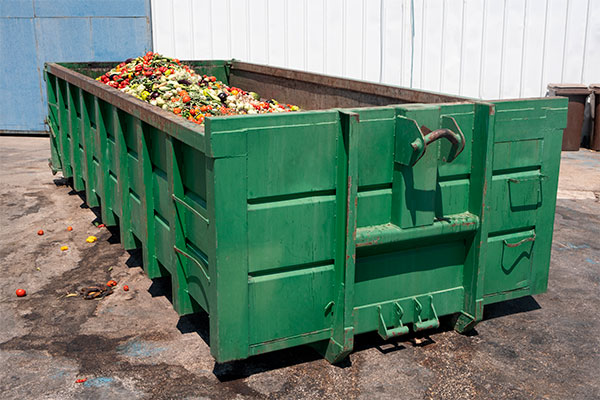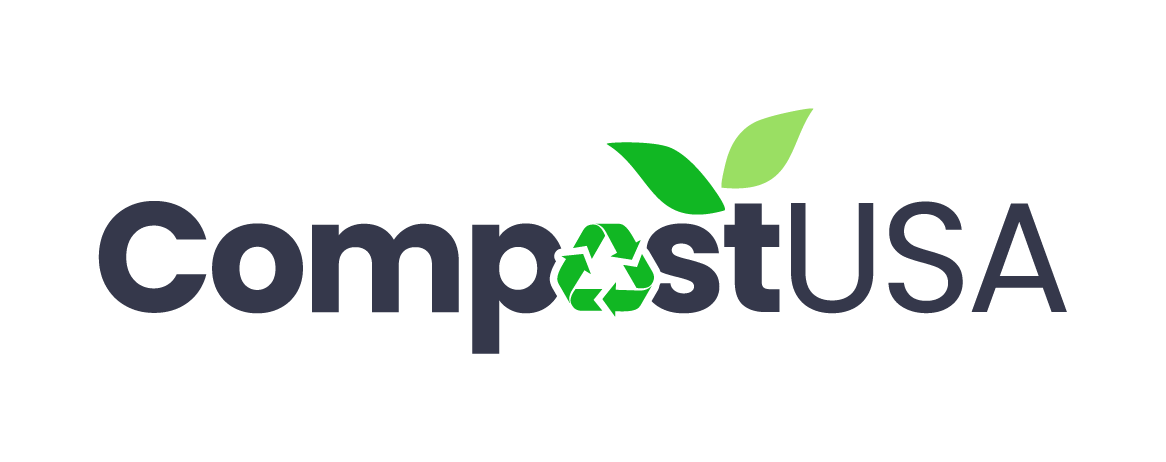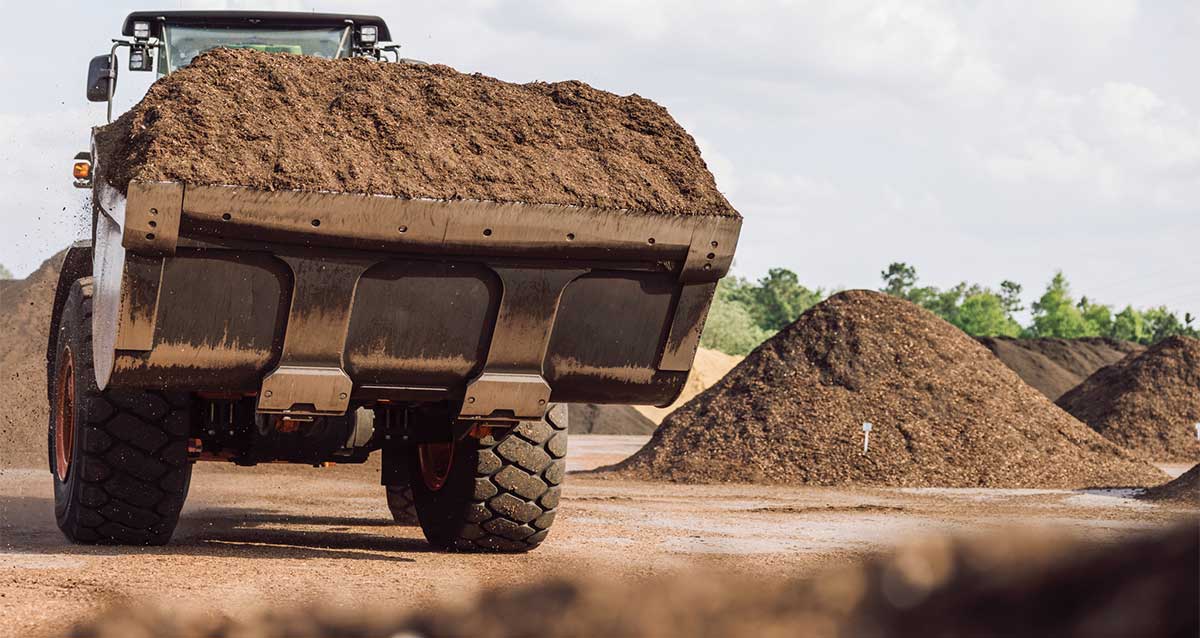Table to Farm
Recovering Value from the Food Stream
Food waste is the largest component of municipal waste, the majority of which gets dumped and buried in landfills where its value can never be recovered. Even worse, the decomposition of food waste produces the potent greenhouse gas methane which contributes to global warming. CompostUSA takes in food waste, and transforms it into high-quality organic composts and soil blends so the carbon can be recovered and returned to the soil.
What CompostUSA Can Accept
We accept a wide variety of food waste and can manage load sizes ranging from ABC to multiple full-sized loads per day. We have the experience and expertise to develop food waste collection programs. Contact a CompostUSA recycling expert to discuss your needs.
YES, WE'RE READY TO RECYCLE FOOD WASTE!
Pre-Consumer vs. Post-Consumer
What's the difference?
Pre-ConsumerAny food material that is discarded before it reaches the consumer—preparatory trimmings and diminished-quality or expired items. This food waste is generally more easily collected and composted because it is fairly simple to train food preparation employees to properly separate compostable food scraps from other non‐organic waste.
Post-ConsumerHighly regulated and more challenging to compost, post-consumer food waste is subject to contamination. Additional steps to separate food from plastics, tableware, foil and other inorganics are usually necessary. Receptacles designated for food waste only, directional signage, and effective education or training can make a difference in diverting this waste stream.


